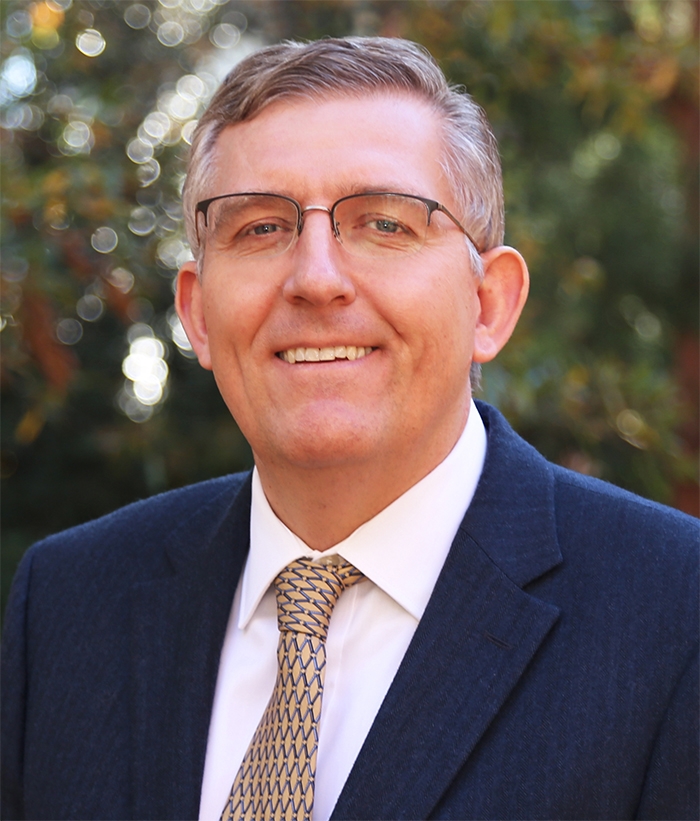Karen and John Huff School Chair and Professor Don Webster has joined the top civil engineers in the country as a fellow of the American Society of Civil Engineers (ASCE).
Accounting for just 3 percent of members, fellows “have made celebrated contributions and developed creative solutions that change lives around the world,” according to ASCE.
“I am grateful to ASCE for this great honor, which is a testament to the supportive environment at Georgia Tech from which I have benefited for over 25 years,” Webster said. “It is my hope that I can use my designation as a fellow to inspire students to pursue professional licensure and engage with professional societies during their careers.”
Webster was selected as a fellow for his contributions as a researcher, educator, and administrator.
As a teacher, Webster has been recognized for his use of the “flipped classroom.” In this teaching model, students watch a recorded lecture before class and use classroom time for hands-on learning and interaction with their instructor.

Among the teaching honors he’s received are the Felton Jenkins, Jr. Hall of Fame Faculty Award from the University System of Georgia, and Georgia Tech’s Class of 1934 Outstanding Innovative Use of Education Technology Award.
Webster was named chair of the School of Civil and Environmental Engineering in 2018, and was recently reappointed for a second five-year term.
“During his tenure, CEE has improved student success at both the undergraduate and graduate levels. Don also has been very effective in recruiting faculty at the junior and senior levels, while also increasing the number of endowed faculty positions,” said Raheem Beyah, dean of the College of Engineering and Southern Company Chair.
Webster’s research expertise lies in environmental fluid mechanics focused on the influence of fluid motion and turbulence on biological systems. His contributions have been in three arenas: Illuminating the fluid mechanics processes related to sensory biology and biomechanics, developing advanced experimental techniques and facilities, and translating research results into bio-inspired design.
Webster earned his Ph.D. in mechanical engineering from the University of California at Berkeley. His work has been featured in the New York Times and dozens of other news outlets. He is a sustaining fellow of the Association for the Sciences of Limnology and Oceanography and has served on the editorial board of the journal Experiments in Fluids for more than a decade.
